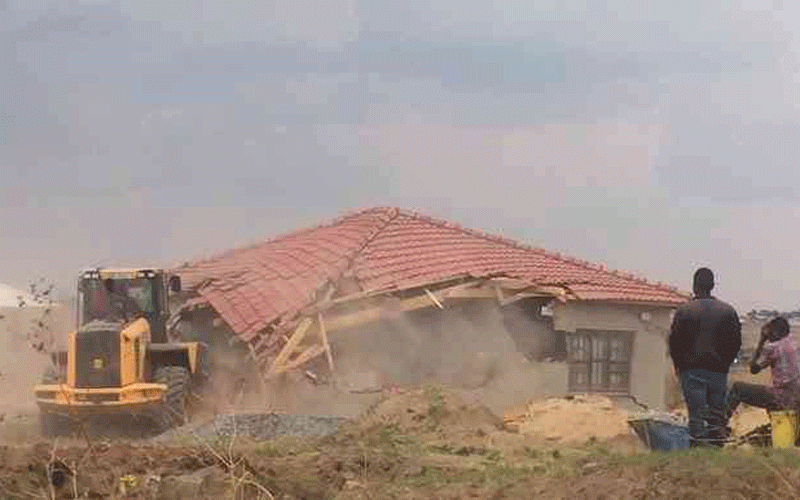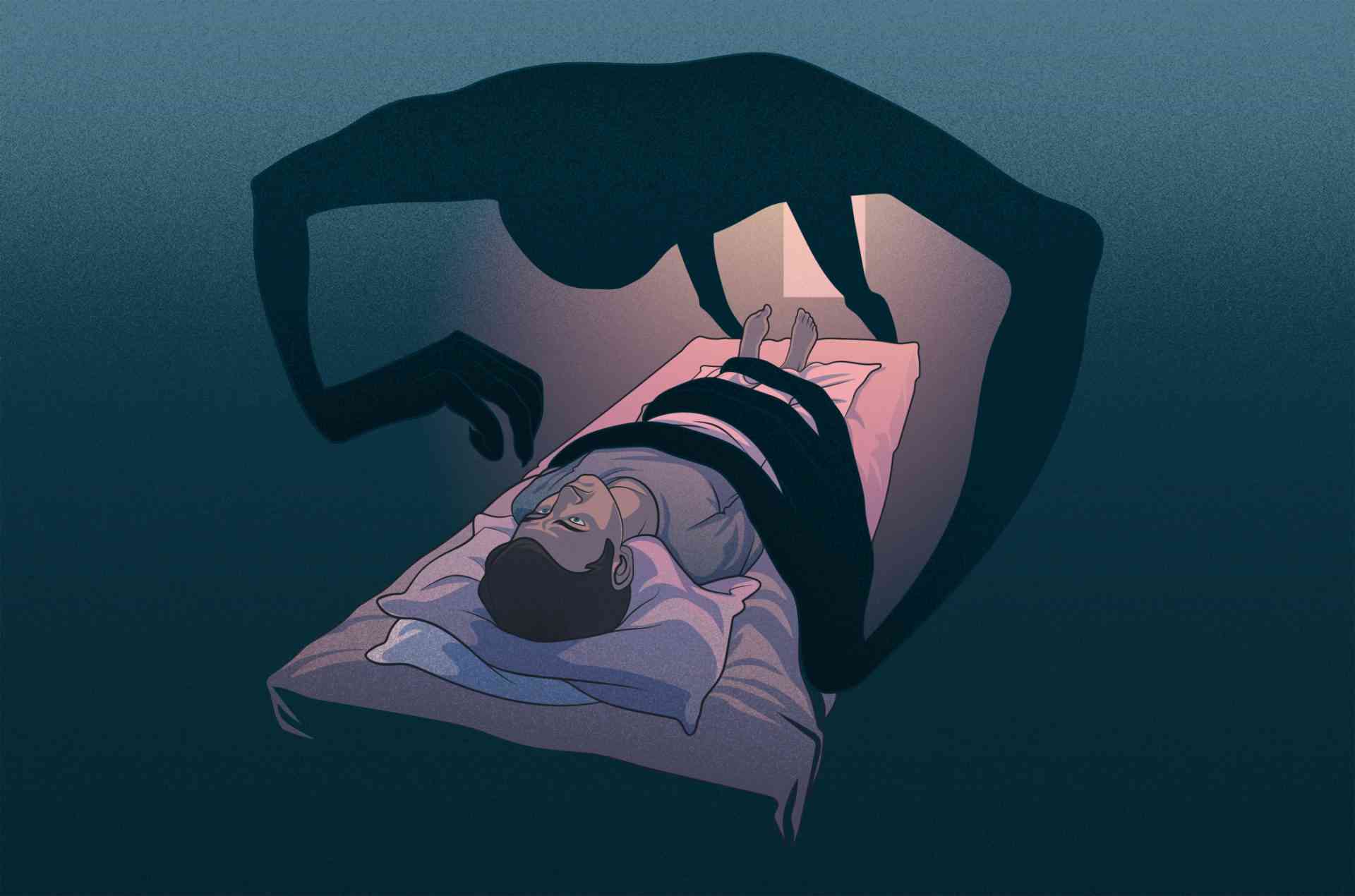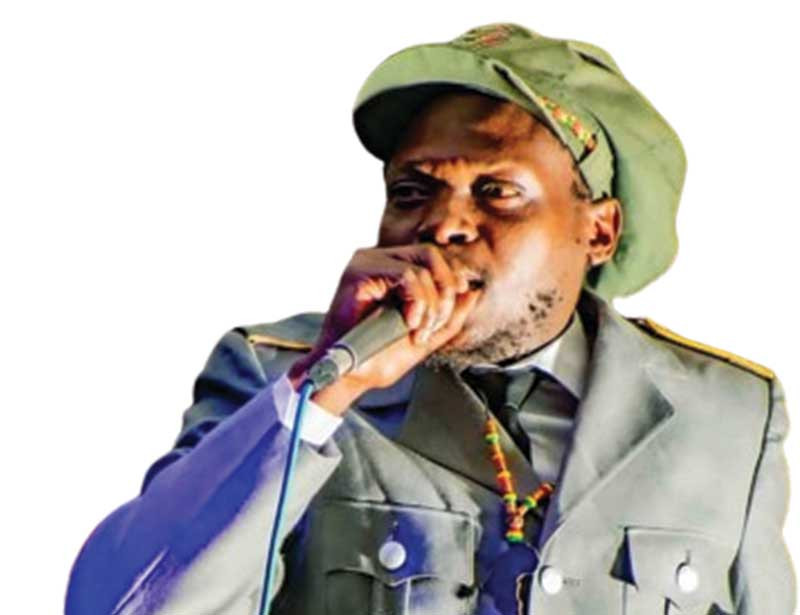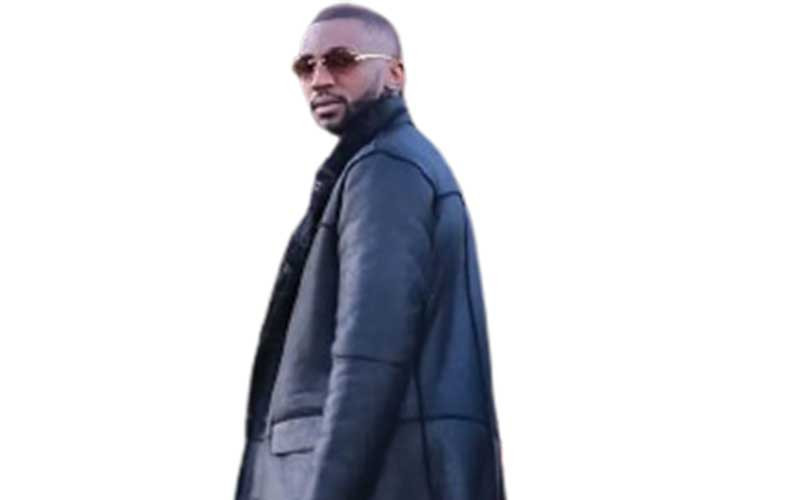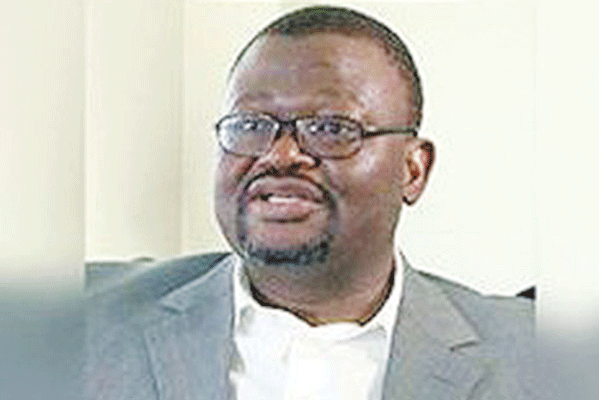
I am thinking just now of two situations that could not be more different in tone and register. In the first one, it’s lunchtime on a sultry day back in 1992. Paul Chimhosva, Martin Dinha and I are standing at the stone-hemmed stairway leading into the University of Zimbabwe (UZ) Students’ Union Building.
by Tawanda Future Mutasah

A sizeable group of students drifting from the lecture theatres to the dining halls has spontaneously clustered around, eager to hear how the saga of our suspension and then expulsion from the university is unfolding. We take turns addressing the ad hoc meeting, embroidering our information-sharing with the usual rhetorical flourishes and colourful verbiage of Zimbabwean student politics. One of the points we cover in our feedback to our fellow comrades is our duelling with the powers that be as we insist that in our appearance before the student disciplinary tribunal that’s sitting over our case, we believe that it is our constitutional right to have legal representation.
In the second situation, Professor Lovemore Madhuku is publishing, in 2015, an opus on labour law in Zimbabwe (Friedrich Ebert Stiftung & Weaver Press). In the undecorated, matter-of-factly prose of most law textbooks, he turns to a discussion on legal representation before tribunals, other than a court of law. If you are appearing before a tribunal and you are not allowed legal representation, can such denial be said to have infringed your constitutional right to a fair trial?
Madhuku notes that when Chimhosva, Dinha and myself fought our expulsion from the university up to the Supreme Court, this specific issue was not authoritatively decided. He then shows how the new, 2013 Zimbabwe Constitution, section 69(4) makes the right to legal representation a more clearly fundamental facet of the right to a fair hearing.
‘Do not despise small beginnings’
In remembering Chimhosva, I begin with this two-headed story of fair trials because, for me, it captures the importance of various moments and contributions that mark the milestones of an ongoing struggle. When the infant that is footnote 77 grows from its helpless smallness as being no more than one of the footnotes to page 167 of Madhuku’s book, and becomes an adult sitting in a whole section of the Zimbabwe Constitution, it will not always be clear to all what struggles contributed to such an outcome. Yet, especially as younger activists inherit the struggle for democracy and human rights in Zimbabwe, it is important to remember paths trodden before. As Alex Magaisa often reminds us, telling the stories of yesteryear gives us perspective about what’s still to be done.
And therefore we need some context for the journey Chimhosva walked.
- Chamisa under fire over US$120K donation
- Mavhunga puts DeMbare into Chibuku quarterfinals
- Pension funds bet on Cabora Bassa oilfields
- Councils defy govt fire tender directive
Keep Reading
When Chimhosva arrived at the UZ, student activism was staggering under a herculean burden. Although the opposition politicians of the period were variously active in their own ways, a national political opposition had not yet emerged in a manner strong enough to carve out sustained political spaces outside the hegemony of Zanu PF. Students were the default “voice of the voiceless”. National University of Science and Technology (Nust) was then slowly taking root, and therefore the UZ was effectively the only university space students had for full-fledged activism. Over the years, the student voice remained an important national antidote to Mugabe’s excesses, which is how student leaders such as Nelson Chamisa were later to become a natural part of the evolution of a political opposition when the MDC was formed.
Whenever his eyes had strayed towards Harare and off his A’ Level books at Fletcher High in Gweru, Chimhosva had admired the efforts of Arthur Mutambara and his Student Representative Council (SRC), as they took up various causes. In fact, on arriving at the UZ in the first half of 1990, Chimhosva immediately decided to not be coy about wearing his ambition on his sleeve. He wanted to be SRC president. And he said as much.
The custom for political aspirants had been to observe campus politics in the course of their first year, and then run for office in their second year. Turning this formula on its head, Chimhosva jumped for the mic during our orientation week, scarcely a week into our lives on campus. These were our very first moments of taking in the rambunctiousness of the Great Hall, and many of us were still sizing up the place. His nose immediately picking the infotainment scent of Great Hall politics, Chimhosva found his way onto the stage, and there promptly performed two verbal stunts for the audience, which was always hungry for such armpit tickling. The audience would reward him by remembering him from that night onwards as the boy that had performed those two verbal skits.
What were the two performances? They were two claims, simple enough really. As students, Chimhosva charged, we were being harangued into silence when we should be speaking out. And, we were all frustrated. Common and fair observations, you might say. But their drama, their memorability, their potency even, was in how their speaker calculatedly brought into his intonation an unapologetic Chivi-boy pronunciation: harangued becoming “hah-rah-ngoo-oo-ood”, which threw the Great Hall into a collective fit of laughter. Frustrated was stridently retrofitted into a mongrelised “foo-rah-strai-ted”, as he breathed and dilated each syllable into the mic. The newly arrived boy had seized the mic, and he was going to ride it “kusvika yati eke” [until it said excuse me]. Buoyed by his momentum that night, Paul immediately fashioned himself into an informal political commentator up and about campus, often to be found holding court wherever two or three gathered in the name of political news.
And so it was that, a few weeks into his mechanical engineering introductory courses, Chimhosva had gained enough notoriety around campus to seem viable as a candidate for the SRC presidency in the next electoral season. He did run, a year later in 1991, as a second-year student that was reading for the four-year engineering degree. I ran the separate, parallel race for secretary-general, as a second-year that was reading for the four-year law degree. The resultant SRC for 1991-1992 had Chimhosva as president, Dinha as his deputy, myself as SG, and included among others Khumbulani Mhlophe, Noma Ntuli, Anza Dube and Comfort Wutawunashe.
Courage and political rhetoric
What I remember most about Paul in our work together were two things: his courage; and his flair for political rhetoric. Specifically in my age cohort, give or take two years, the two student leaders I always thought had such a natural gift for political rhetoric — so smartly doing it, so expertly outdoing it, and even so brutally overdoing it on a heady day —were Paul Chimhosva and Brian Kagoro. In Chimhosva’s case, everything could be a prop, picked on in the heat of the moment as he addressed an audience. It might be the day when a shrill minister of Higher Education demanded that for him to entertain the crowd of students that was spread in front of his door, we had to form a queue. Chimhosva embarked on some retort about how what we already had right there was, in fact, “a thick queue”, as he liberally sprinkled some sophomore’s engineering mathematics into his argument. It might be the way Chimhosva held his letter of expulsion before the student union, satirising each line and thus taking the sting from the potential death of a career.
And his courage was always the most obvious thing about him.
Chimhosva was not perfect. Behind the scenes, we would often have fierce arguments about tactics. But we were immensely loyal to each other, and we would always find a meeting point before going into the Great Hall, where we would invariably put out a united front — assigning to each other portions of the address to the students’ union, and hardly ever handing over the mic to each other later or earlier than per our pre-agreed script.
And, to be sure, there were also some larger structural weaknesses in the student politics of our day, weaknesses we inherited and did not do enough to deal with. To cite a few: prepping for each Great Hall motion and debate was often through informal but highly influential caucuses (the “civil society” of student politics, such as the variety of platforms that in aggregate were sometimes referred to as the revolutionary command council). The reality, however, was that these were often masculine affairs that, practically, were a no-go area for female students.
Even as we dealt with a very violent and brutal state, skills in non-violent strategies for social change could have been stronger across the student leadership, including better use of marshals when we undertook street action.
And messaging was sometimes not optimal: seldom did we prepare strong and clear banners to proclaim our messages during demonstrations. Sometimes we did not communicate objectives effectively: I remember when we were on a targeted demonstration against the repression of Chakufwa Chihana in Malawi, how some students — perhaps taking the mickey out of the student leadership — were quoted by the media as saying we were all on a demonstration against “neo-colonialism in general”.
Our weaknesses notwithstanding, I believe Chimhosva made a remarkable contribution, significantly pushing the pro-democracy and human rights struggle in Zimbabwe through the small beginnings of earlier awakening. He helped lay the foundations for the platforms we have today. He helped pioneer civil disobedience against a highly repressive state.
It took great risk, too, to raise one’s head above the parapet then. We were familiar with Avondale police station, at a time when there was no social media to enable prompt protective publicity when activists had been asked to “come along to the police station”. On separate occasions on campus, he and I endured some sustained and heavy beatings by the riot police, at a time when no mobile phones captured the brutality.
After our expulsion from the UZ, the three of us had to leave for South Africa where we enrolled at the University of the Witwatersrand, with Chimhosva completing his studies there after Dinha and I had later returned to Zimbabwe. Chimhosva studied under a World Council of Churches scholarship. Against the tide of strong stigmatisation as the state radio regularly characterised us in demeaning terms, it was heart-warming to find solidarity from the churches (through Reverend Murombedzi Kuchera, Mai Naomi Kowo and Mike Auret Snr.); from trade unions (through Morgan Tsvangirai); from leading lawyers (in particular Selby Hwacha and Tendai Biti); from some academics (in particular Kempton Makamure and Lovemore Madhuku); and from the then UZ ecumenical and Catholic chaplains respectively, Dr Sebastien Bakare and Fr Nigel Johnson. And thus too was born the strong political friendships that were later to provide the scaffolding for a reimagining of state-civil society relations in the late 1990s, in particular when I was working to establish the National Constitutional Assembly.
On campus, Chimhosva’s friends maintained contact with him, across the formal and informal student leadership over the few years after his expulsion. They included Anza Dube, Raymond Majongwe, Deprose Muchena, Brian Kagoro and Tinomudaishe Chinyoka.
Academic strength
At the University of the Witwatersrand, Chimhosva had a reputation as an academically gifted student. Classmates such as Mos Maja reported that he was the only black engineering student to pass all the 14 courses in the second year of studies in mechanical engineering. In his earlier years at Berejena, before Fletcher, Chimhosva had equally been regarded as an academically gifted student, alongside his friend Bothwell Batidzirai and others. Chimhosva was seen by a younger cohort of students, the likes of Liberty Mupakati, as an academic role model who was also willing to share his knowledge. After graduating, Chimhosva had a successful career as an engineer in South Africa, maintaining a highly active conversation with Zimbabwe’s politics and society through regular engagements with a range of actors, including Advocate Tererai Mafukidze, academic Dr Samuel Ravengai, and journalist Sibanengi Dube.
I’d like to conclude by mentioning some regrets that I have.
A couple of months ago, Chimhosva and I were exchanging messages about when we might see each other again. We never made time to make it happen, and we thought we were going to find time in future. The last time we had physically seen each other was more than a decade ago when he had come to my home to spend an evening with me and my family. Once again, one fails to see that, as Tuku warned, “hatina nguva yatinofunga kuti tinayo” [we don’t have as much time as we think we have].
I had confided to a friend that at some point I wanted to stage an opportunity for Chimhosva to meet with Elinor Sisulu for him to learn more about her work for Zimbabwe; and I wanted to facilitate a conversation for him and Daniel Molokele about Chimhosva’s vision for a global Zimbabwe migrants’ platform and Daniel’s for a Zimbabwe “global forum”. But, just as there was never enough time when Paul and I respectively worked on our notes before leaving the Students’ Union Building for the Great Hall, when the custom had been that whoever was finished first would walk across to the other’s office to say, “Hey, the union is ready for the general meeting; I am now heading out to the Great Hall ahead of you”, today Chimhosva has now headed out first on a more consequential journey — one that’s inevitable for all of us. We will cherish his memory.
Tawanda Future Mutasah was secretary-general of the UZ students’ union in 1991-92, and vice-president of the Zimbabwe National Students’ Union in 1992-93.

